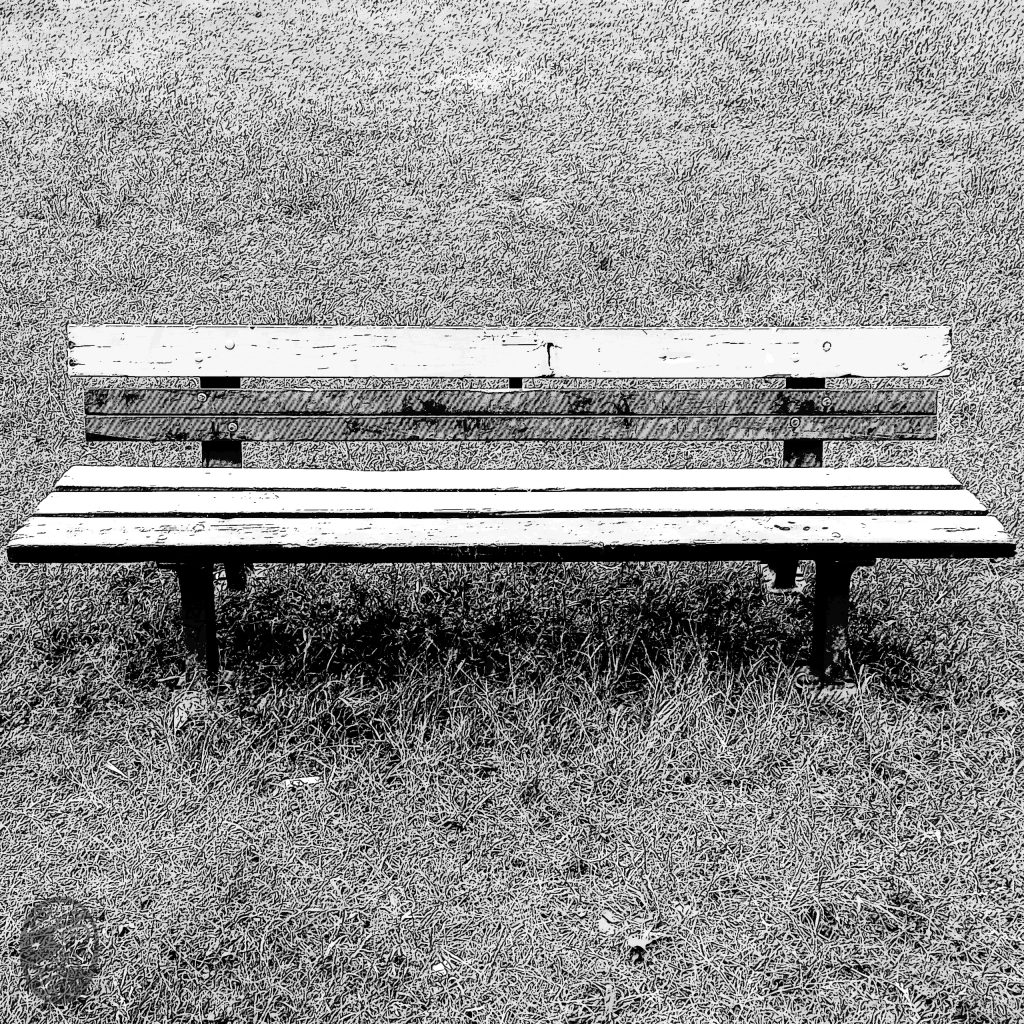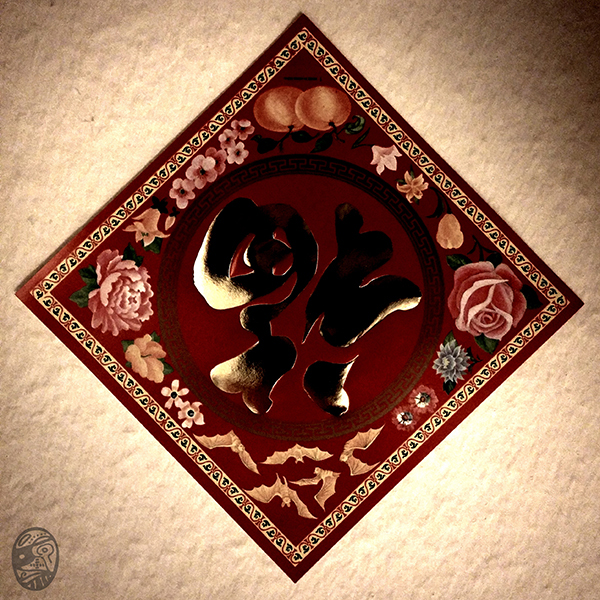
死、生、養、歡|dEAD, bORN, dISTRESSED, hAPPY
百年之後,無是無非。
After a hundred years*₁, there’s no yES or nO.
莊子-《莊子》之《外篇》—— 第十一章《至樂》、段六:
Zhuangzi *₂ – “Outer chapters” of “Zhuangzi”, – Paragraph 6 of the Chapter 11 “The Greatest Happiness” (original written in Classical Chinese):
列子行,食于道從,見百歲髑髏,攓蓬而指之曰:
“唯予與汝知而未嘗[死₁]、未嘗[生₂]也。若果[養₃]乎?予果[歡₄]乎?”
Leizi*₃ ate on the roadside upon his journey, there he saw a hundred years old skull, he then plucked the grass surrounding and pointed to the skull, said:
“Only I and you know that you are nOT [dEAD₁], also nEVER [bORN₂]. Are you rEALLY [dISTRESSED₃]? And am I rEALLY [hAPPY₄]?”
